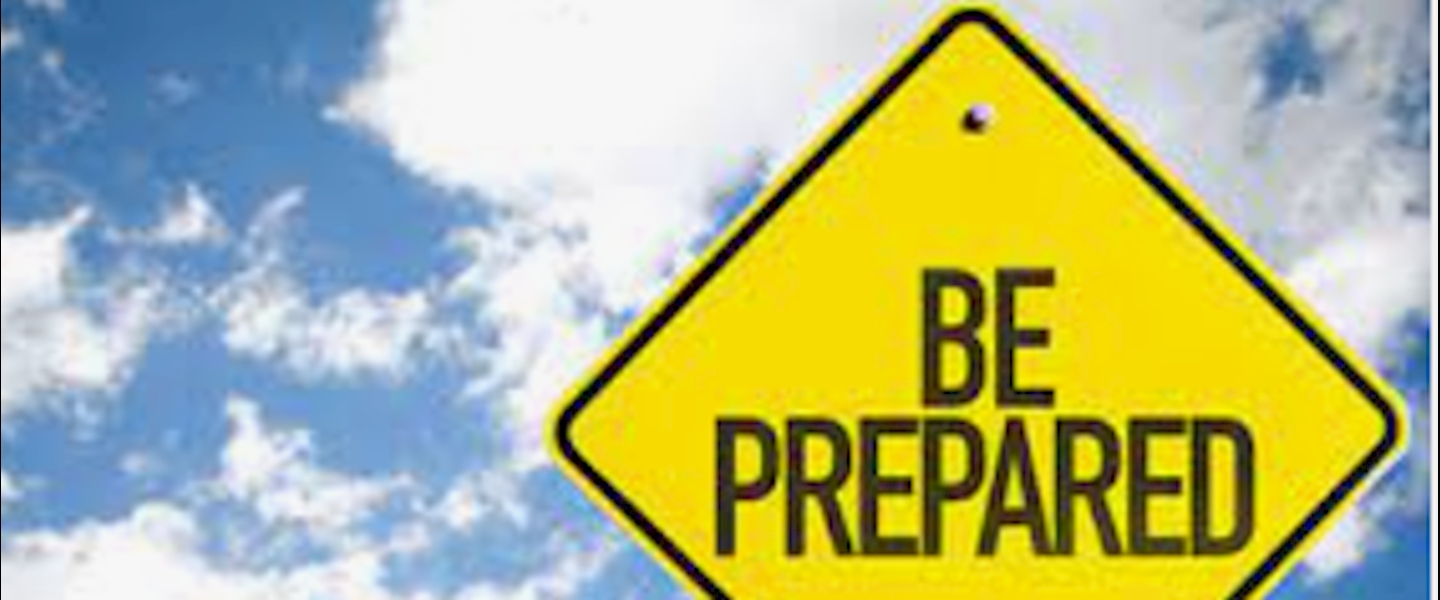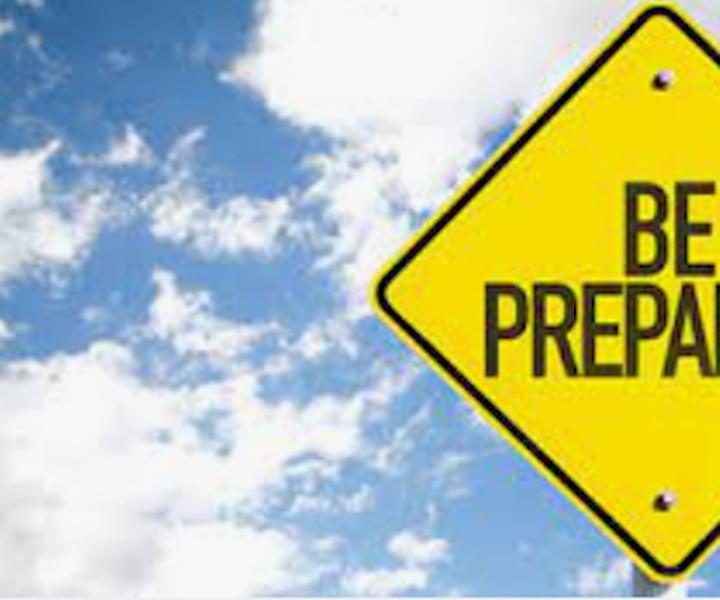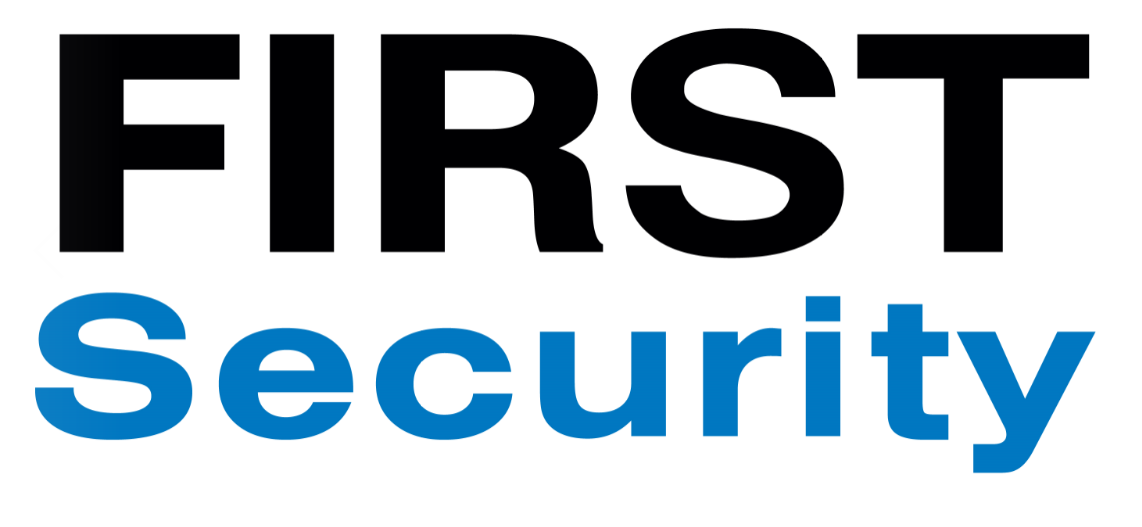ShakeOut! Time to think emergency preparedness


Tomorrow’s New Zealand ShakeOut (Whakahaumaru Aotearoa) – the national earthquake drill and tsunami hikoi – will see communities across the country putting ‘drop, cover and hold’ into action. It’s a great time to think about the simple measures you can take to keep emergency prepared.
Do the drill!
ShakeOut takes place across the world to remind people of the right action to take during an earthquake, including the ‘Drop, Cover and Hold’. If you live in a coastal area, you can also practise a tsunami hīkoi (evacuation).
ShakeOut is a self-run drill, and it only takes two minutes. If tomorrow’s too soon, don’t worry, you can ShakeOut any time within two weeks and still be counted. So, sign up to ShakeOut here!
If, for whatever reason, you’re unable to step through the drill, take a moment to think through the ‘Drop, Cover and Hold’:
- DROP down on your hands and knees. This protects you from falling but lets you move if you need to.
- COVER your head and neck (or your entire body if possible) under a sturdy table or desk (if it is within a few steps of you). If there is no shelter nearby, cover your head and neck with your arms and hands.
- HOLD on to your shelter (or your position to protect your head and neck) until the shaking stops. If the shaking shifts your shelter around, move with it.
Be prepared!
According to Neighbourhood Support, communities that stay connected and prepared fare better in emergencies and natural disasters than those without a plan.
“From getting first aid training and stocking up on essentials to putting together a grab n’ go bag or working with your neighbours to create a neighbourhood resilience plan, a little bit of planning goes a long way to make sure you and your community can get through any situation,” states the Neighbourhood Support website.
Disasters can affect essential services that we tend to all take for granted. Your ability to travel or communicate with others, for example, may be affected. You may be confined to your home, or forced to evacuate. Emergency services may not be able to get help to everyone as quickly as needed.
This is a time when you and your whānau are vulnerable, so it’s important that you’ve prepared what you need to keep you and your family fed and safe for at least three days in the event of a disaster.
According to the National Emergency Management Agency ‘Get Ready’ website, items to prepare include:
- Water for three days or more — make sure you have at least nine litres of water for every person. This will be enough for drinking and basic hygiene.
- Long-lasting food that doesn’t need cooking (unless you have a camping stove or gas barbecue) and food for babies and pets.
- Toilet paper and large plastic buckets for an emergency toilet.
- Work gloves and a properly-fitted P2 or N95 mask.
- If you have special dietary needs, make sure you have enough to last three days at home. As well as in a grab bag.
- And don’t forget the pets!
Joining or setting up a Neighbourhood Support group is an excellent way to keep informed and to reach out to your community.
Have a plan!
Apart from being packed with excellent disaster preparedness information, the ‘Get Ready’ website also has excellent Emergency Plan templates available for download.
A household emergency plan lets everyone in your household know what to do in an emergency and how to get ready. Importantly, having a plan makes emergency situations less stressful.
So, make a plan with your whānau to get through an emergency. Think about the things you need every day and work out what you would do if you didn’t have them. A household emergency plan will help you work out:
- What you will each do in the event of disasters such as an earthquake, tsunami, volcanic eruption, flood or storm.
- How and where you will meet up during and after a disaster
- Where to store emergency survival items and who will be responsible for maintaining supplies.
- What you will each need to have in your getaway kits and where to keep them.
- What you need to do for members of the household, family or community with a disability or special requirement.
- What you will need to do for your pets, domestic animals or livestock.
- How and when to turn off the water, electricity and gas at the main switches in your home or business.
- Turn off gas only if you suspect a leak, or if you are instructed to do so by authorities. If you turn the gas off you will need a professional to turn it back on and it may take them weeks to respond after an event.
- What local radio stations to tune in to for civil defence information during an event.
- How to contact your local council’s civil defence emergency management office for assistance during an emergency.
For more information on preparing for disasters, visit the Get Ready website.

